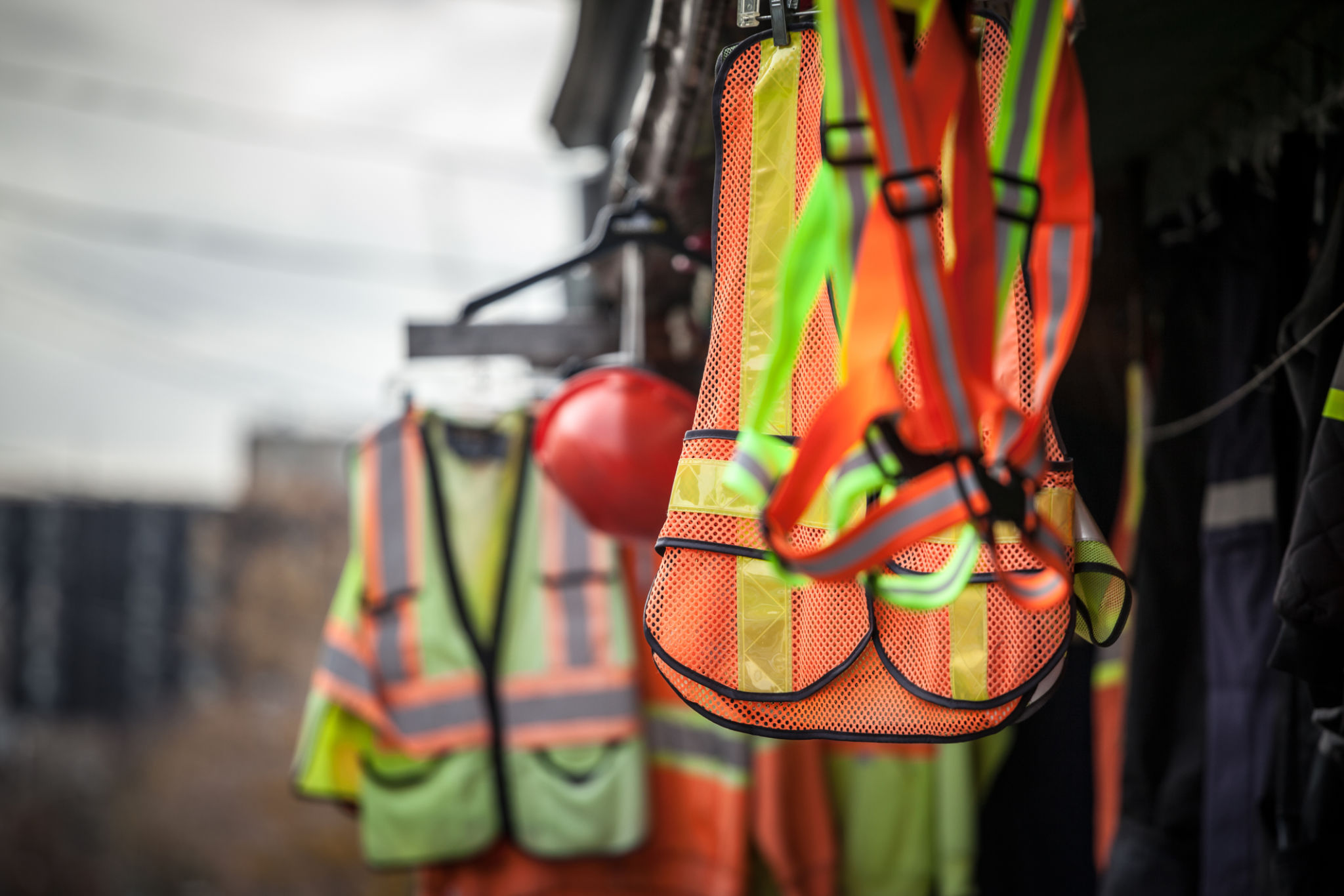Preparing for Summer Demolition Projects: A Comprehensive Guide
Understanding the Basics of Demolition Projects
As the summer season approaches, it's the perfect time to embark on those demolition projects you've been planning. Whether you're a homeowner looking to remodel or a contractor preparing for a large-scale demolition, understanding the basics is crucial. Demolition involves more than just tearing down structures; it requires careful planning, consideration of safety standards, and adherence to regulations.
Before beginning any demolition project, it's essential to have a clear understanding of the scope and objectives. This ensures that all necessary resources are in place, and potential challenges can be anticipated and managed effectively. Additionally, assessing the site and identifying any hazardous materials that might require special handling is vital for safety and compliance.

Planning and Permits
One of the first steps in preparing for a demolition project is obtaining all necessary permits. Depending on your location and the nature of the project, you may need permits from local authorities to proceed. These permits ensure that your project complies with local building codes and environmental regulations.
Creating a detailed plan is also a key element in a successful demolition project. This plan should outline the timeline, budget, and resources required. Consider engaging with professionals who can provide expert advice on structural assessments and environmental impact.
Budgeting for Your Project
Establishing a realistic budget is crucial for keeping your demolition project on track. Consider all potential expenses, including labor, equipment rental, waste disposal, and any unexpected costs that might arise. Having a contingency fund can help cover unforeseen expenses and prevent delays.

Choosing the Right Equipment
The success of your demolition project heavily relies on using the appropriate equipment. Depending on the scale of your project, you may need heavy machinery such as excavators, bulldozers, or specialized tools for precision demolition. Renting equipment can be a cost-effective option if you don't own the necessary machinery.
It's also important to ensure that all equipment is in good working condition and operated by trained professionals. This not only enhances efficiency but also significantly reduces the risk of accidents on site.
Safety Considerations
Safety should be a top priority in any demolition project. Ensure that all workers are equipped with personal protective equipment (PPE) such as helmets, gloves, and safety glasses. Conduct regular safety briefings and ensure that everyone on site is aware of emergency procedures.

Waste Management and Recycling
Demolition projects often result in significant amounts of waste. Implementing an effective waste management plan is essential for minimizing environmental impact and adhering to regulations. Consider recycling materials such as metal, concrete, and wood whenever possible.
Working with waste management professionals can help streamline the process and ensure that all materials are disposed of responsibly. This not only benefits the environment but can also reduce costs associated with waste disposal.
Final Checks and Post-Demolition Tasks
Once the demolition is complete, conduct a thorough inspection of the site to ensure that all debris is cleared and the area is safe for future use or construction. Obtain any necessary certifications or approvals from local authorities to confirm that the site meets all regulatory requirements.

In conclusion, preparing for summer demolition projects involves careful planning, adherence to safety standards, and effective waste management. By following these guidelines, you can ensure a smooth and successful project, paving the way for new developments or enhancements to existing structures.
